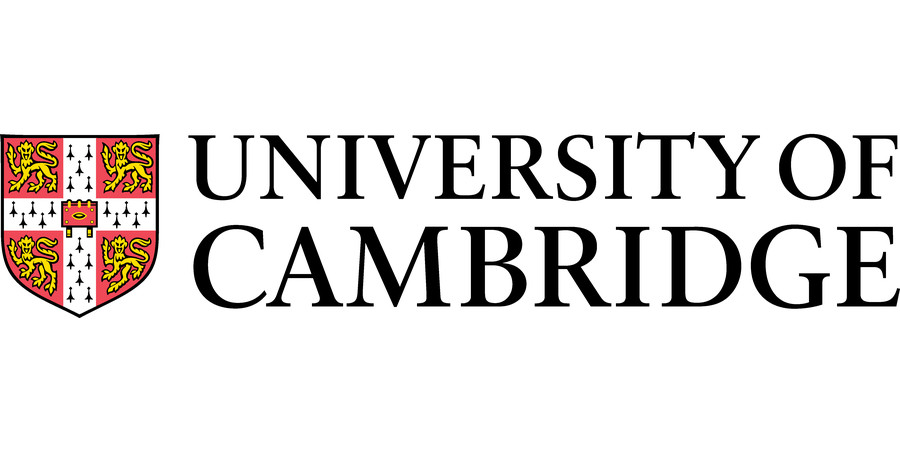PhD Studentship: Thermodynamic Modelling of Minority Phases in EAF Steels
University of Cambridge - Department of Materials Science and Metallurgy
| Qualification Type: | PhD |
|---|---|
| Location: | Cambridge |
| Funding for: | UK Students, International Students |
| Funding amount: | £20,780 (current rate) per annum |
| Hours: | Full Time |
| Placed On: | 22nd October 2025 |
|---|---|
| Closes: | 2nd December 2025 |
| Reference: | LJ47631 |
Location: West Cambridge
Funder: Tata Steel and the University of Cambridge
Duration: 4 years from 1 October 2026
Supervisors: Prof Howard Stone and Dr David Collins
Location: The PhD studentship will be based at the University of Cambridge in the Department of Materials Science and Metallurgy as part of the Structural Materials Group. The Structural Materials Group is a diverse and dynamic research team working across aerospace, automotive, energy, defence, and biomedical sectors. The group's expertise includes alloy design, microstructure-property relationships, phase transformations, and advanced materials processing.
Closing date for applications: 2 Dec 2025 with interviews shortly afterwards.
Stipend: Full funding for 4 years covering a personal maintenance stipend starting at £20,780 (current rate) per annum with a top up of £5,500 per annum from Tata Steel.
Fees: This position is open to UK citizens or overseas students who meet the UK residency requirements (home fees) or are able to augment the funds to cover the extra costs associated with international student fees. Exceptional candidates may be eligible for an International Fee Bursary.
Thermodynamic modelling of minority phases in EAF steels
The transition to EAF steelmaking creates challenges for the reliable production of thin rolled steel poducts where residual element accumulation may compromise processability and properties. This PhD will utilise thermodynamic modelling to obtain predictions of equilibrium and, where possible, non-equilibrium phases for a matrix of compositions covering flat rolled products including elevated levels of Cu, Mo, Ni & Sn. Direct comparisons will be made with experimentally identified phases from high throughput samples. Subsequent characterisation will be performed using a combination of scanning transmission electron microscopy, X-ray diffraction and, where necessary, synchrotron X-ray diffraction, nano-secondary ion mass spectroscopy, and 3D atom probe tomography. The data acquired will be used to modify thermodynamic database parameters to improve the predictions.
Applicants should have (or expect to be awarded) a good UK Masters degree (or overseas equivalent) in a relevant science subject (Materials Science, Chemistry, Physics, Engineering) and should be self-motivated, able to take ownership of their research, and effectively communicate their research findings. Training in all the computational and experimental methods will be provided in the projects, although relevant previous experience would be advantageous.
Applications for this PhD project should be submitted via the University Application Portal(via the above ‘Apply’ button). Early applications are encouraged as the position may be filled once suitable candidates are identified.
For further details on postgraduate study at Cambridge, visit the University website. Informal enquiries can be sent to structuralmaterials@msm.cam.ac.uk.
Fixed term: The funds for this post are available for 4 years in the first instance.
Applicants are asked to upload the following:
- A short research statement (maximum 1 page) describing the applicant's past research, future goals, and why the applicant is interested and suitable for this position.
- A curriculum vitae.
- A publication list.
- The contact details of two referees that can provide a letter of recommendation for the applicant.
Please quote reference LJ47631 on your application and in any correspondence about this vacancy.
The University actively supports equality, diversity and inclusion and encourages applications from all sections of society.
The University has a responsibility to ensure that all employees are eligible to live and work in the UK.
Advert information
Type / Role:
Subject Area(s):
Location(s):









